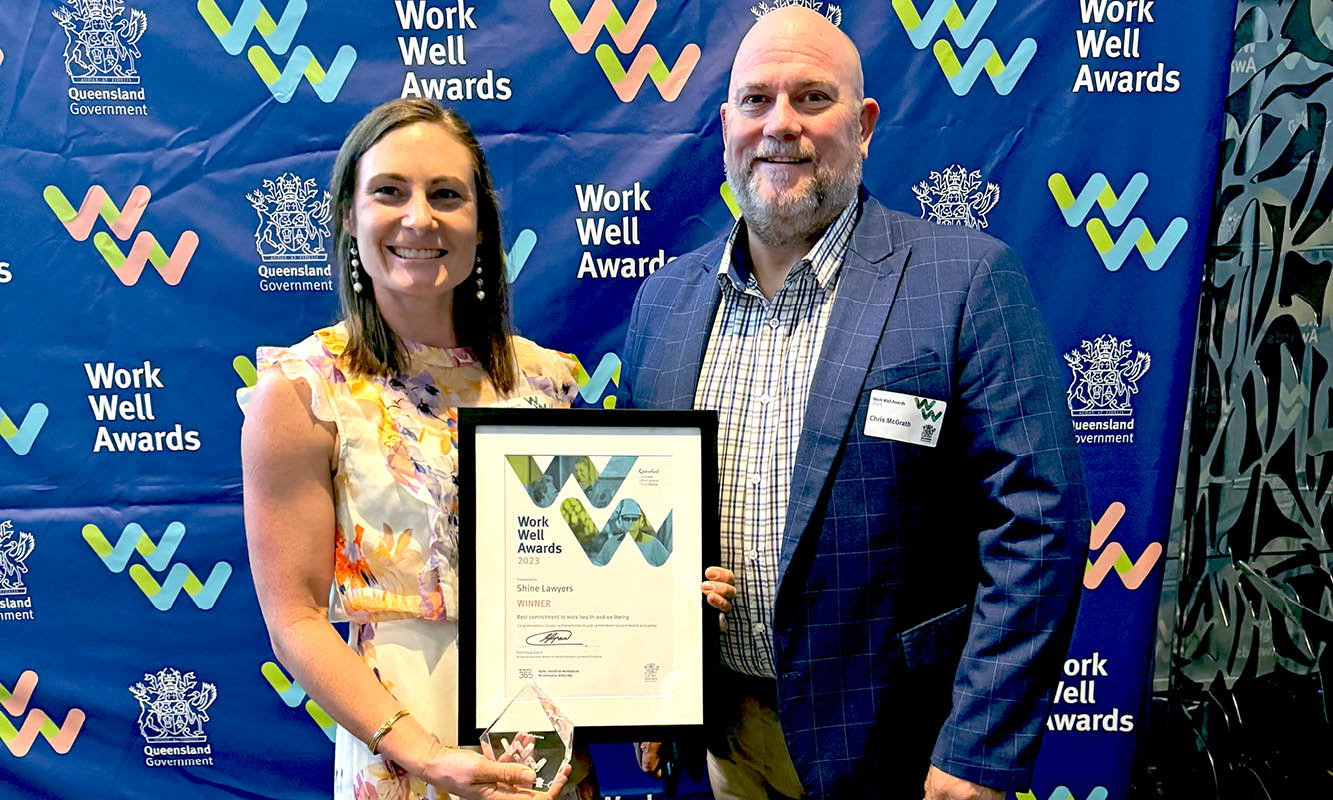No matter how good you are at the juggling act, there is a limit on how many balls you will be able to keep in the air before things come crashing down. How do you decide which tasks, projects or responsibilities you should put to one side so you can focus your efforts on the remaining ones?
The first step involves learning to differentiate between two key dimensions, eloquently captured in this description: “I have two kinds of problems: the urgent and the important. The urgent are not important, and the important are never urgent.” This realisation is so critical to effective time and attention management that the man behind this quote[1] had a prioritisation technique named after him: the Eisenhower Matrix (see below).

So, can you avoid falling into the “urgency trap” ie. when you spend the entire day putting out fires, only to go home at the end of it and feel that you are not a single step further to achieving your most important professional and personal goals?
Start by looking at each of the tasks on your plate and put them into one of the four quadrants:
- Urgent and important: Do. These are the things that truly must be done, NOW. Included in this category are deadlines, crises and problems that require your immediate attention and skills.
- Not urgent but important: Decide. Because they do not have deadline round the corner, these tasks are always in the most danger of being neglected. However, they are critical to achieving your long-term goals and ensuring your future health and wellbeing: strategic planning, social connections, physical exercise, sufficient sleep, professional development, reflection and journaling. In other words: things you need to prioritise and schedule to prevent a last-minute rush or negative long-term consequences.
- Urgent but not important: Delegate. It’s easy to get swallowed up in this category. After all, it’s urgent stuff, right? Yes, but responding to emails, answering phone calls, sitting in meetings that do not really require your input and getting absorbed in administrative tasks below your skill level does not help you achieve critical goals. Instead, these tasks can trick us into a false sense of achievement and satisfaction by crossing them off our to-do list, when in reality we haven’t made any progress towards what really matters.
- Not urgent, not important: Delete. Let’s face it – true time wasters such as watching YouTube videos, scrolling your social media accounts or aimlessly browsing the web may provide a small reprieve from work but can quickly spiral into poor time management. Drop these balls.
If you would like to learn more, don’t hesitate to reach out to the QLS Solicitor Support service on ethics@qls.com.au or p. 3842 5843 to speak to someone in a judgement-free and supportive environment.
Rebecca Niebler is QLS’s Organisational Culture and Support Officer, QLS Solicitor Support (QLS Ethics and Practice Centre)
14 February 2020
[1] <https://trainingindustry.com/articles/strategy-alignment-and-planning/what-is-the-eisenhower-matrix-and-how-can-it-help-with-time-management/>.














Share this article